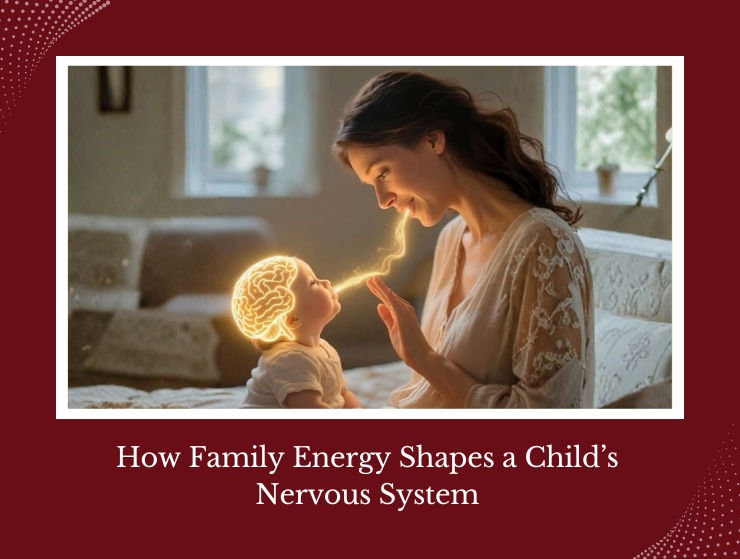The Hidden Power of Praise: What We Say Shapes How Our Children Grow
- Sonal Ahuja

- Apr 23, 2025
- 2 min read
The Hidden Power of Praise: What We Say Shapes How Our Children Grow

As parents, we all want our children to feel confident, capable, and celebrated. It's natural to cheer them on with words like, “You’re so smart!” when they do something impressive.
But what if we told you that this well-meaning praise might be doing more harm than good?
Research in developmental psychology and education has shown something surprising: when we constantly label children as “smart,” they start associating their worth with achievement alone. Slowly, a quiet fear of failure creeps in. They hesitate to try something new unless they’re sure they’ll succeed. They begin to protect their “smart” identity rather than explore, experiment, and grow.
So how do we raise children who are not just confident, but also courageous learners?
Shift the Spotlight from Outcome to Effort
Instead of saying “You’re so smart,” try this:
“I love how you kept trying!”
These words highlight effort over innate ability. They celebrate grit, resilience, and the journey of learning. Over time, children begin to believe:
Mistakes are okay.
Trying matters more than getting it right the first time.
Learning is about growing, not proving.
This is how real confidence is built—from the inside out.
What This Looks Like in Everyday Life
Your child builds a tall block tower. Instead of: 🗣 “You’re a genius!” Try: 🗣 “Wow, I noticed how patiently you balanced each block—especially when it almost toppled!”
Your child attempts a new puzzle and struggles. Instead of stepping in or saying: 🗣 “Don’t worry, it’s too hard.” Try: 🗣 “I love how you kept trying even when it felt tricky. That’s how your brain gets stronger!”
These subtle shifts plant seeds of intrinsic motivation, perseverance, and self-belief.
At Amogh Early Learning Centre, We Embrace the Power of Process
Our classrooms are filled with messy attempts, curious hands, and joyful effort. We believe learning is not about being perfect—but about being present, persistent, and playful.
Whether it’s during storytelling, painting, climbing, or problem-solving, we guide our children to reflect on how they felt when they kept going, not just when they got it “right.”
Because we’re not raising perfect kids. We’re nurturing resilient, thoughtful, and lifelong learners.
What You Can Do at Home:
Use phrases like:
“You worked really hard on that!”
“What helped you figure it out?”
“You didn’t give up—that’s awesome!”
Model it yourself:
Let your child hear you say, “This was tough for me, but I kept trying.”
Celebrate effort at the dinner table. Ask:
“What was something tricky you tried today?”
Let’s grow a generation that isn’t afraid to try, to fall, and to rise again—braver and stronger.




Comments